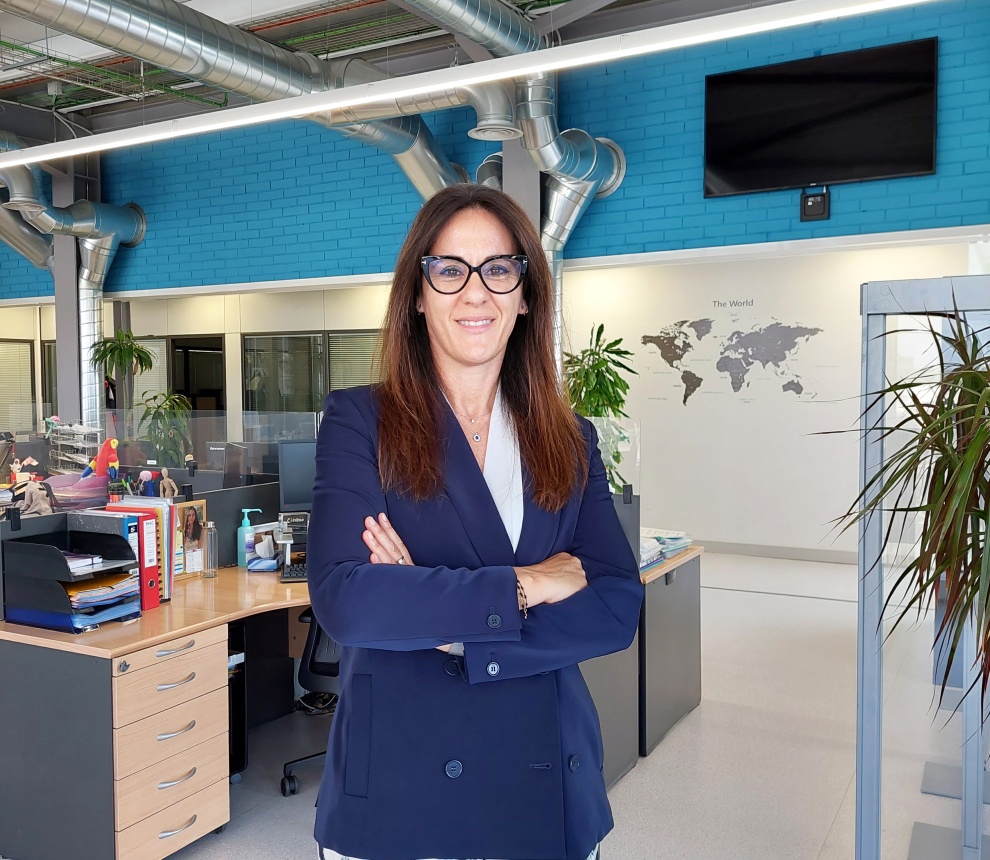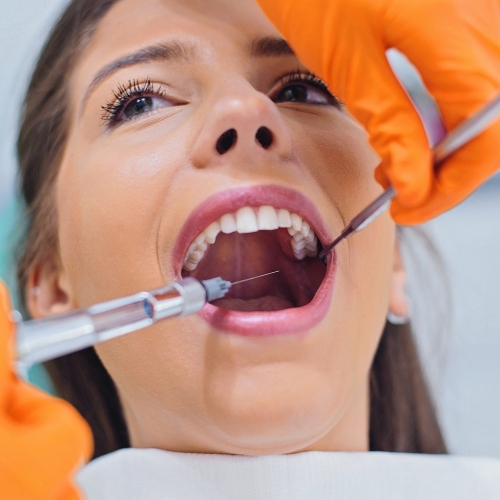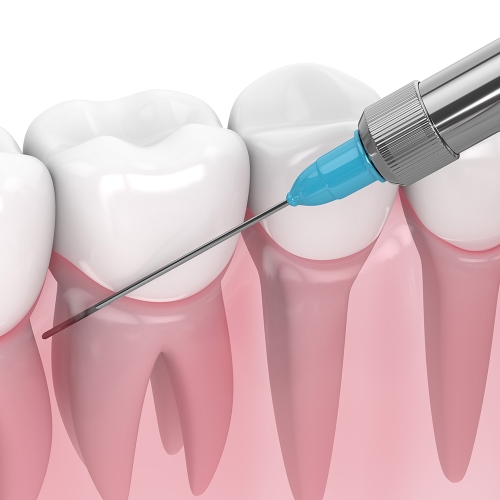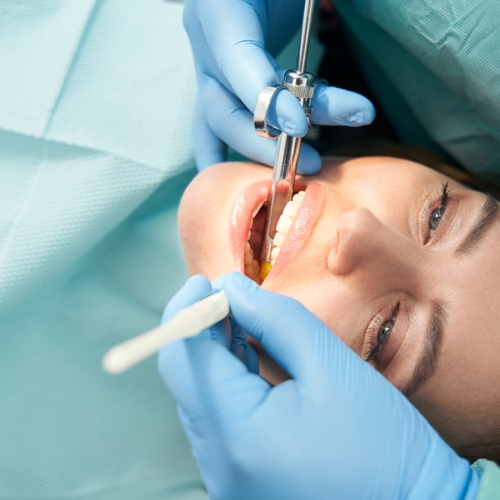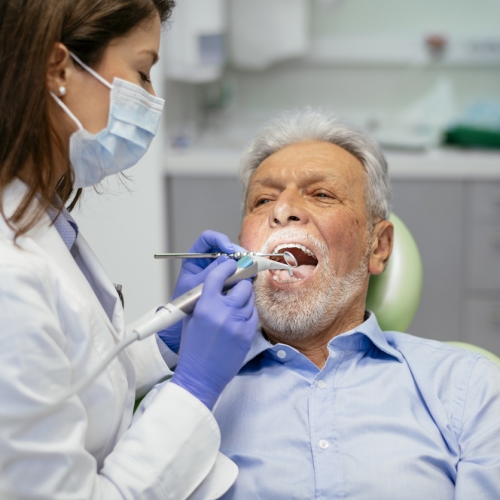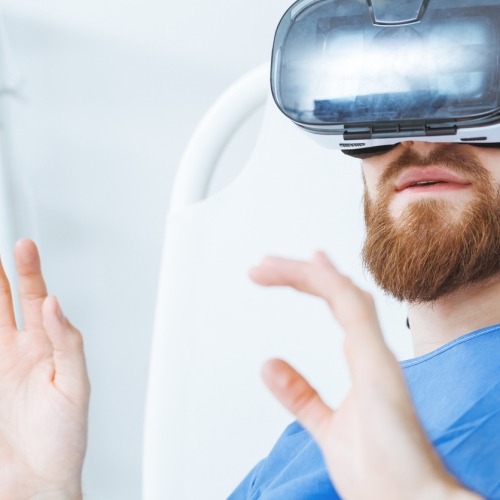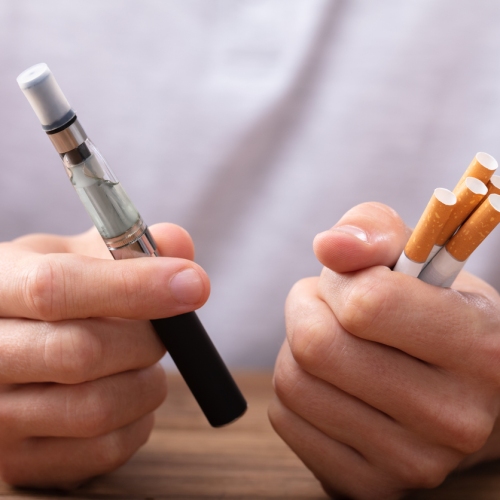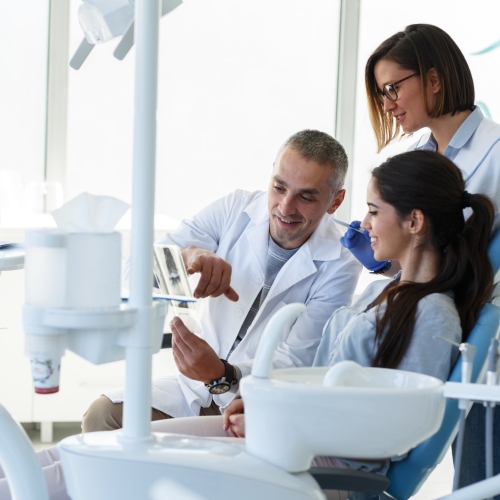- What products does Inibsa manufacture at the plant in Barcelona?
Inibsa specialises in the manufacture of dental anaesthesia which has the special feature of coming in a very specific pharmaceutical form called a cartridge.
- Inibsa is currently the world's 2nd biggest producer of dental anaesthesia. What path has the plant followed in recent years to reach this level?
At the beginning, Inibsa manufactured a wide variety of products, from different categories. Gradually, it made the decision to specialise in dental anaesthesia. The first major change occurred in 1999, with the acquisition of the first automatic dosing line for cartridges. Over the last 10 years, we have invested heavily to increase the plant's capacity. The building was extended, 3 new automatic cartridge dispensing systems were purchased, and 3 new laboratories were built. This entire process was completed using new technology in the visual inspection, labelling, and packaging sections.
- Indeed, the new packaging was the final part of this process. Was this a challenge in terms of production?
Within this growth and increase in capacity, we were aware that we had to replace the packaging lines, and it was clear to us that a change in packaging was necessary. We worked together with Marketing, and this required a shift in our technology and production. But the Regulatory departments were also part of this, as all new packaging had to be cleared for the different markets in which we are present. And this has been a major coordination effort.
- Every year, Inibsa increases its global reach by entering new markets. How do you approach this challenge in your area?
To be honest, each new country is a challenge. As I've already remarked, in terms of capacity we have been investing for years to meet this growing demand. So, at a production level, we have to adapt to new shifts, working on weekends. But the big challenge is for the Quality and Regulatory areas, because we have to meet any requirements that each country may have, with their different characteristics, for inspections to ensure that we meet their quality standards. Every year, we have between 10 and 12 audits by clients and health authorities from different countries.
- What are the key manufacturing steps for a product like dental anaesthesia?
Our dosing process, called aseptic dosing, is not considered a standard process under the regulations, so it has specific requirements to guarantee that asepsis is maintained throughout the manufacturing process. So, although all the phases have their own peculiarities, the most critical one would be manufacturing the solution and filling the cartridges, when the workers are also required to work in aseptic conditions.
- What specific quality controls are carried out?
As in any process, there are checks that are carried out online, which can be automatic, because the technology makes this possible, or manual, so they are performed by the worker or quality unit, depending on the requirements that we have set ourselves internally. Besides these checks that are carried out to ensure that standards are met throughout the entire process, we also have final physical and chemical tests, to guarantee the content and specifications of the product, as well as microbiological testing, to ensure product and environment sterility. In fact, many checks are carried out in the manufacturing rooms, to ensure that the required conditions are maintained.
- Is Inibsa introducing the concept of sustainability into the plant and the production systems?
We have a strategic project called the Green project, which includes different initiatives in this regard. Indeed, last year, the most notable thing we did was install photovoltaic panels and, thanks to this project, we are generating between 30% and 40% of the energy that we currently consume in the plant. We have other activities planned for this year. And, of course, we have already been implementing recycling and waste measures in the plant for several years.
- Over the last two years, as a medicine manufacturer, Inibsa has continued to operate despite the Covid-19 pandemic. How have you worked under these conditions in production, the laboratories, etc.?
At the beginning, like everyone else, with some uncertainty, a little fear, we didn't know what was going to happen. But our colleagues soon understood that we were an essential sector and we had to carry on working. In fact, during the pandemic, we didn't stop working for a single day due to Covid-19. In the company, the first thing that was done was to implement every measure possible to ensure the safety of all of the workers and, naturally, also guarantee the supply of medicines for our customers.
- If you had to name 3 adjectives that describe the Inibsa team, what would they be?
Commitment, resilience and adaptability to change.
- What are the future challenges in your area?
I believe that sustainable growth is the greatest challenge we face in this increasingly changing and volatile environment, with material supply problems. And also to continue improving, adapting to new requirements and technologies, working extremely efficiently and always ensuring that the products that we manufacture are of the highest quality.
